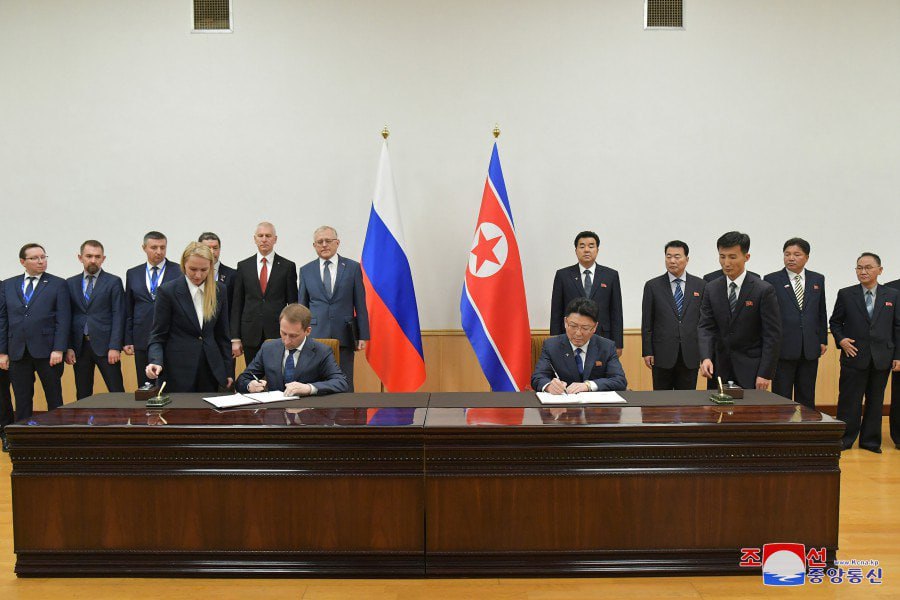Minerals: new Moscow-Pyongyang axis
Economic cooperation dominates North Korean-Russian talks in Pyongyang. North Korea is looking to Russian aluminium for its missile programme with its own mineral riches in the exchange.
Seoul (AsiaNews). North Korea and Russia hope to boost bilateral relations through greater cooperation in trade, business, science and technology, following the last meeting between the two countries.
The Russian-North Korean intergovernmental commission met on Wednesday in Pyongyang, KCNA reported, for its 10th meeting. North Korea's Minister of External Economic Relations Yun Jong Ho met with Russia's Natural Resources Minister Alexander Kozlov as well as members of the Russian embassy.
Among the topics discussed, ample space was devoted to the practical and logistical difficulties in developing cooperation in the areas of interest.
The meeting comes not only a few months after the historic September summit, which saw Kim Jong-un as a guest in Russia, but just a few days after what appears to be a new success for the North Korea’s missile industry.
Pyongyang has developed a new type of high-thrust solid-fuel engine for intermediate-range ballistic missiles, which military analysts say would make them not only easier and safer to use by requiring less logistical support, but also harder to detect and more durable than liquid-fuelled ones.
North Korea's missile programme has been condemned by the international community and is subject to heavy sanctions by the United Nations. However, the military aspect could play an increasingly important role in relations between North Korea and Russia, already accused of receiving military equipment from Pyongyang.
Both North Korea and Russia have denied the allegations, but a report published on 16 October by the Royal United Services Institute in London says that North Korea is using ships and trains to secretly send weapons to Russia, to be deployed in Ukraine. This could add further evidence to the accusations already made by the United States.
In exchange for such weapons, North Korea could seek greater support for its missile programme, and the type of support – based on the officials at the meeting – could include natural resources.
Solid propellants are in fact made up of a mixture of fuel and oxidiser and require the use of metal powders. Among the most widely used fuels is aluminium, due to its specific energy density and its high volumetric energy density and the lower possibility of accidental inflammation.
Aluminium is obtained from refining bauxite, of which Russia is currently the eighth-largest exporter in the world.
What is more, Moscow could also look with interest at North Korea's mineral deposits that might contain 200 different minerals, including gold, copper, magnetite, graphite, lead and tungsten, useful in the war industry for the production of bullets and protective gear due to its high resistance both physical and at high temperatures.
This could be worth trillions of US dollars.
Most of the goods defined as dual use with both civilian and military use, are under UN sanctions, and any cooperation in the matter would constitute a serious violation of international law.







.png)










